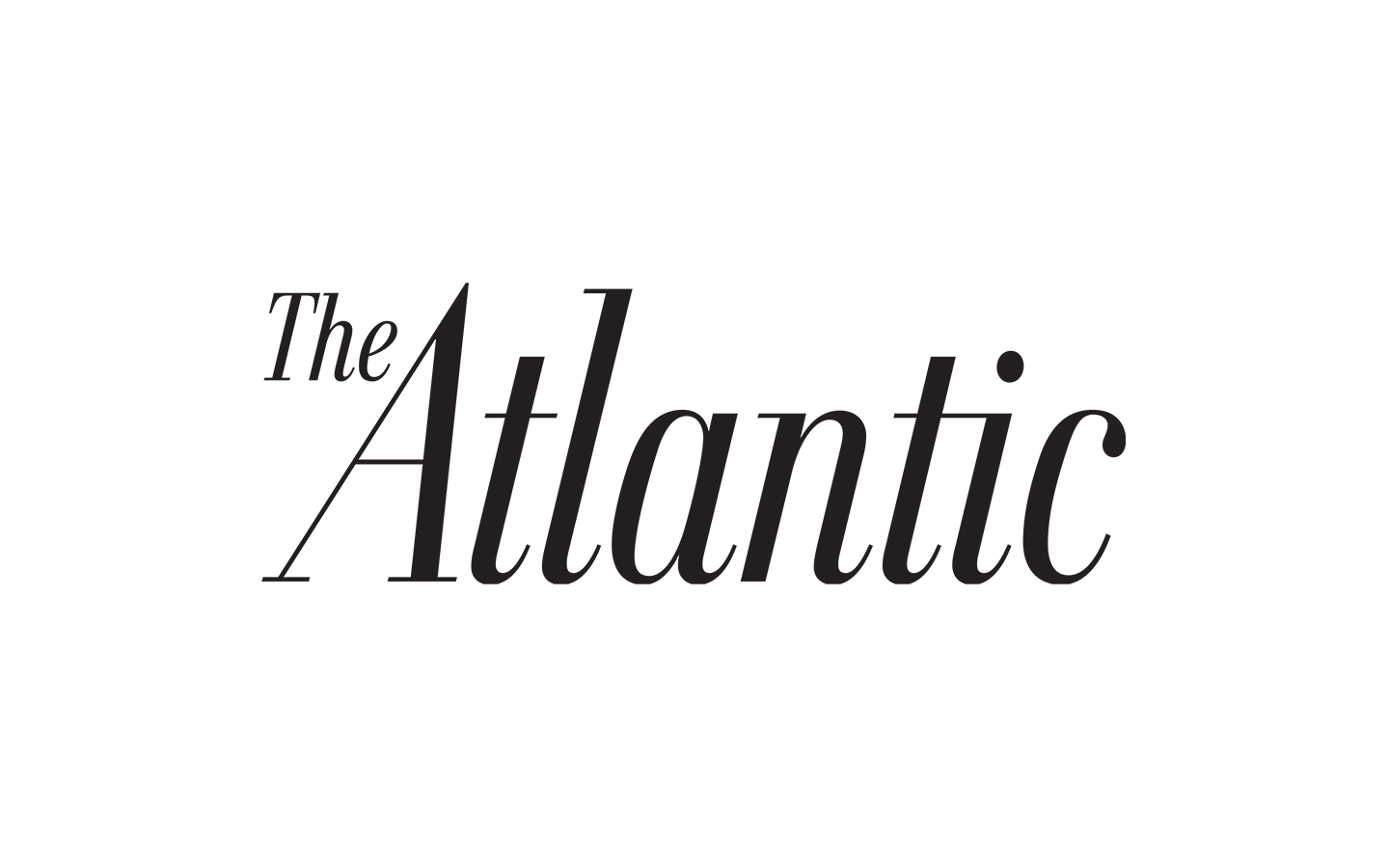In the aftermath of the recession, researchers, academics, and bankers themselves analyzed and opined on the role that investment banks and the use of derivative products played in contributing to the crisis. Many wondered and theorized about what that sector of the economy would look like in a post-crisis era.
But as the economy has strengthened and inequality has grown, the questions of how financial and economic systems can and should operate, and if they exist to serve average people—not just those who can afford to use big-name banks and make high-priced investments—have become increasingly important ones. As the middle class shrinks, the cost of living rises, student-loan debt grows, and wages fail to keep up, the plight of those without sufficient financial education and access to affordable banking has become more and more apparent.
